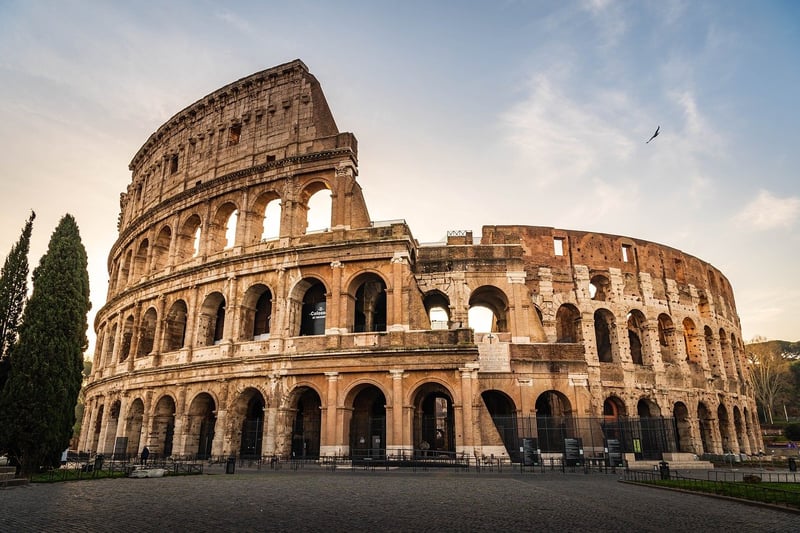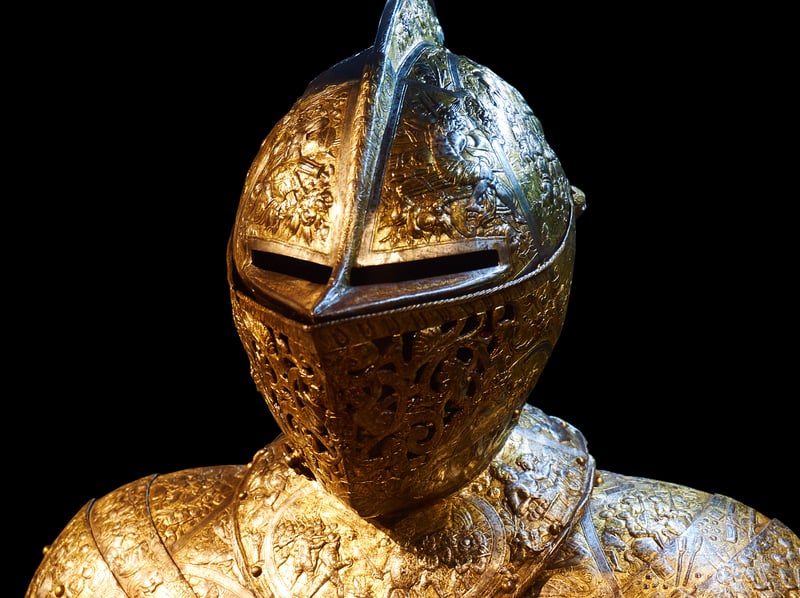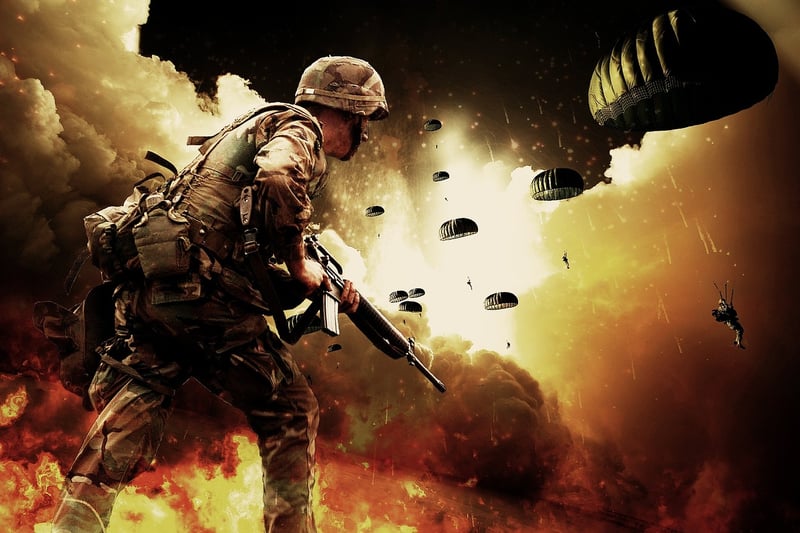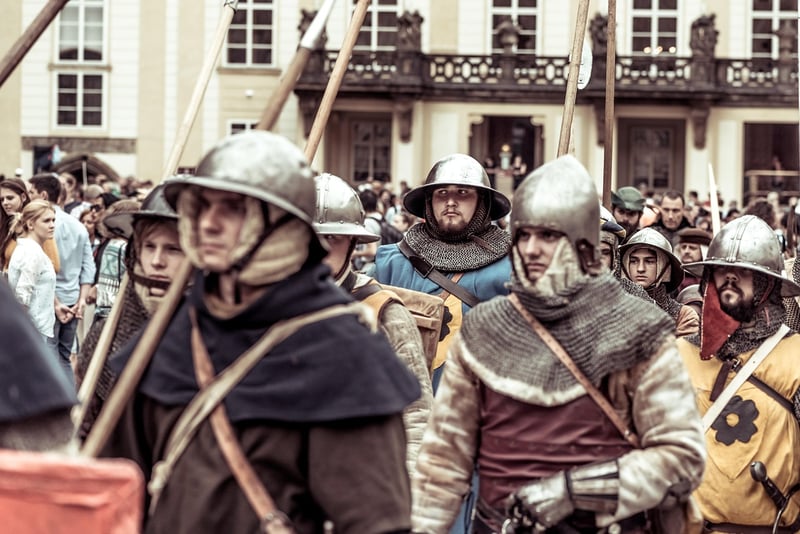Historical Events
Exploring Different Eras and Historical Events
History is a tapestry woven with the threads of various eras, each marked by significant events that have shaped the world we live in today. From ancient civilizations to modern times, each period offers a unique perspective on human development and progress.
Ancient Civilizations
Ancient civilizations such as the Egyptians, Greeks, Romans, and Mesopotamians laid the foundation for modern society. From the construction of the pyramids in Egypt to the philosophical teachings of Socrates and Plato in Greece, these early cultures left a lasting impact on art, architecture, philosophy, and governance.

The Middle Ages
The Middle Ages, spanning from the 5th to the 15th century, was characterized by feudalism, the rise of Christianity, and the age of knights and castles. Events such as the Black Death, the Crusades, and the Magna Carta shaped the socio-political landscape of Europe during this period.

The Renaissance
The Renaissance, a cultural movement that spanned the 14th to the 17th century, marked a period of rebirth in art, science, and literature. Artists like Leonardo da Vinci, Michelangelo, and writers like Shakespeare flourished during this era, ushering in a new wave of creativity and innovation.

The Industrial Revolution
The Industrial Revolution, which began in the late 18th century, transformed society with the advent of machinery, factories, and urbanization. This period marked a shift from agrarian economies to industrialized societies, leading to significant advancements in technology, transportation, and production.

Modern Times
Modern times are characterized by rapid globalization, technological advancements, and social change. Events such as World Wars I and II, the Cold War, and the digital revolution have reshaped geopolitics, economics, and communication on a global scale.

Exploring different eras and historical events allows us to gain insight into the complexities of human civilization and the interconnectedness of our past, present, and future. By studying these periods, we can better understand the forces that have shaped our world and appreciate the diverse tapestry of human experience.
